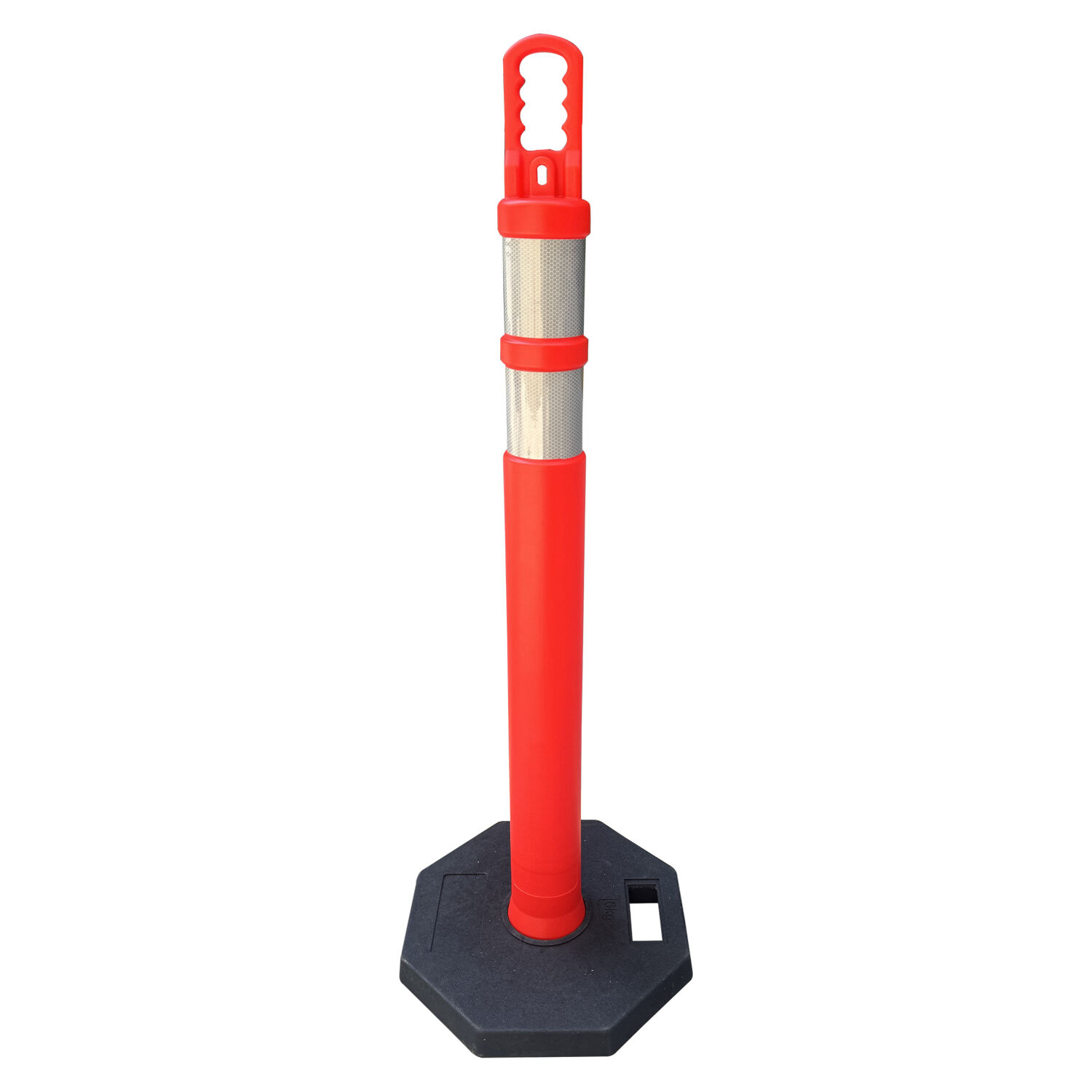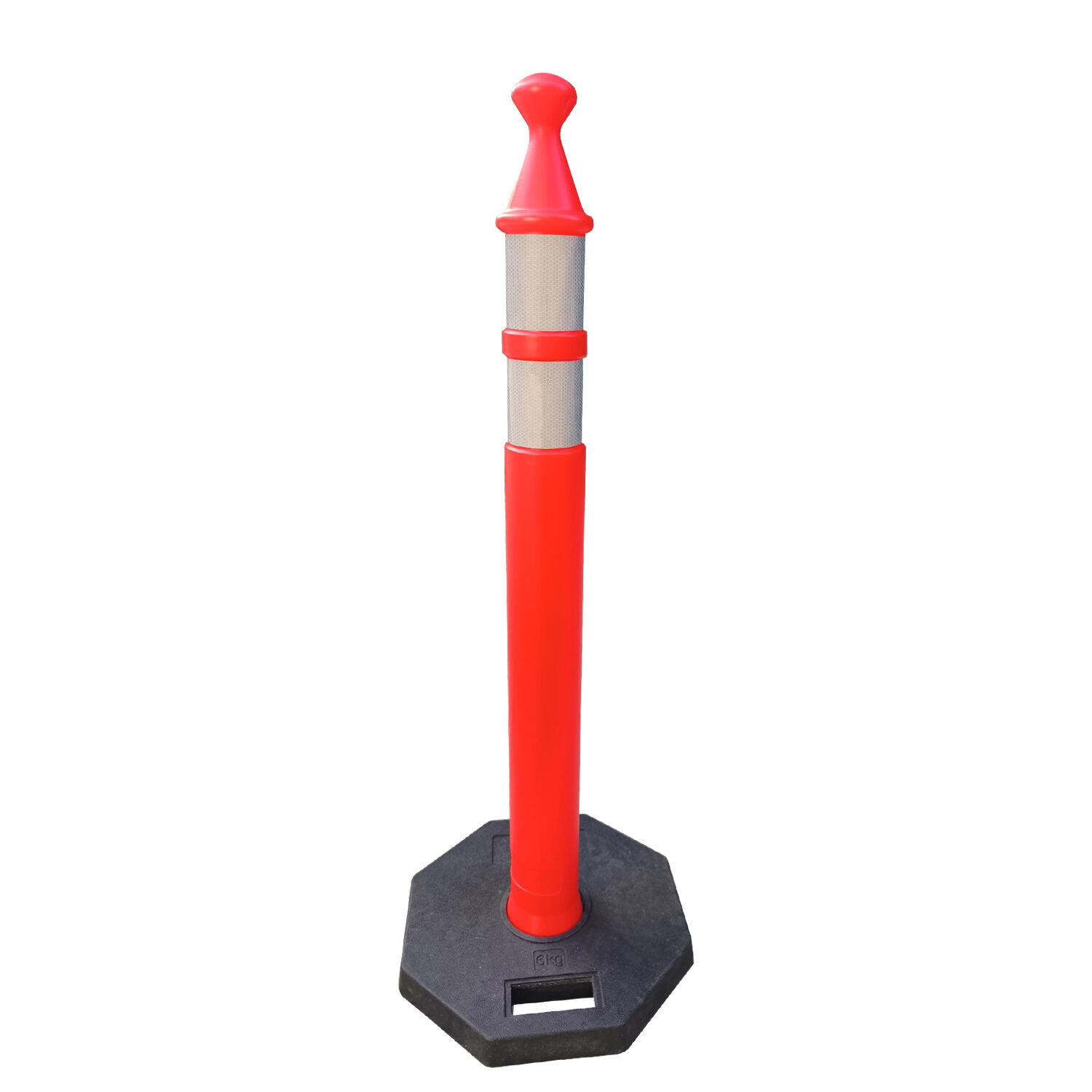Understanding Strategic Parking Barrier Implementation for Maximum Security
Parking barriers serve as crucial elements in modern security infrastructure, protecting various facilities and spaces from unauthorized access while maintaining efficient traffic flow. These essential security devices have evolved from simple mechanical arms to sophisticated systems that integrate with broader security protocols. Their strategic placement and proper implementation can significantly enhance the safety and security of any facility.
When implemented correctly, parking barriers create a robust first line of defense against potential security threats while simultaneously managing vehicle access and protecting assets. Understanding where these barriers prove most effective helps organizations make informed decisions about their security investments and infrastructure planning.
Commercial and Corporate Environments
Office Complex Security Enhancement
Corporate office complexes represent one of the most common and effective applications for parking barriers. These locations typically handle high volumes of both employee and visitor traffic, making controlled access essential. Parking barriers at office buildings help maintain security by ensuring only authorized personnel can enter designated areas.
Modern office complexes often implement multiple layers of parking barriers, with different access levels for executives, employees, and visitors. This tiered approach allows for better space management while maintaining security protocols. Integration with access control systems, such as key cards or RFID readers, further enhances the effectiveness of these installations.
Retail and Shopping Center Applications
Shopping centers and retail establishments benefit greatly from strategically placed parking barriers. These locations require a delicate balance between security and accessibility, as they need to welcome customers while preventing unauthorized long-term parking and potential security threats.
Parking barriers in retail environments often incorporate payment systems and time-tracking capabilities. This combination helps manage customer flow while ensuring parking spaces remain available for legitimate shoppers. The presence of these barriers also deters vehicle-based theft and unauthorized after-hours access.
Industrial and Manufacturing Facilities
Warehouse and Distribution Center Protection
Industrial facilities, particularly warehouses and distribution centers, require robust security measures due to the valuable inventory they house. Parking barriers in these locations play a crucial role in controlling vehicle access and maintaining secure loading dock operations.
These facilities often utilize heavy-duty parking barriers capable of stopping larger vehicles. The barriers are typically integrated with weighing stations and cargo verification systems, creating a comprehensive security checkpoint. This setup ensures that only authorized delivery vehicles and employee vehicles can access sensitive areas.
Manufacturing Plant Security Protocols
Manufacturing plants benefit from parking barriers that help maintain strict security protocols while facilitating shift changes and delivery schedules. These barriers often feature high-speed operation to prevent bottlenecks during peak traffic periods.
The effectiveness of parking barriers in manufacturing environments is enhanced when combined with surveillance systems and guard stations. This integrated approach allows security personnel to verify vehicles and drivers while maintaining efficient facility operations.

Government and Military Installations
High-Security Government Facilities
Government buildings and facilities require the highest levels of security, making parking barriers an essential component of their protection strategy. These locations often implement advanced barrier systems capable of stopping even large vehicles attempting forced entry.
The parking barriers used in government installations frequently incorporate additional security features such as under-vehicle scanning systems and biometric verification. These enhanced capabilities ensure thorough screening of all vehicles entering the facility while maintaining necessary security protocols.
Military Base Access Control
Military bases represent perhaps the most demanding application for parking barriers, requiring uncompromising security while managing high volumes of authorized traffic. These installations typically feature multiple barrier checkpoints with varying security levels.
The parking barriers deployed at military facilities often include additional defensive features such as tire spikes and reinforced crash ratings. These enhanced security measures help protect against both accidental and intentional security breaches while maintaining strict access control.
Healthcare and Educational Institutions
Hospital Security Management
Hospitals require specialized parking barrier implementations that balance security needs with emergency access requirements. These facilities must maintain controlled access while ensuring rapid entry for emergency vehicles and medical staff.
Parking barriers at healthcare facilities often feature quick-release mechanisms and emergency override capabilities. This flexibility allows security personnel to quickly adapt to changing situations while maintaining overall facility security.
Campus Security Solutions
Educational institutions, from primary schools to universities, benefit from parking barriers that help protect students and staff while managing various parking areas. These barriers often need to accommodate different user groups, including faculty, students, and visitors.
Campus parking barriers frequently incorporate license plate recognition and mobile access capabilities, allowing for convenient yet secure access control. This technology helps maintain security while providing flexibility for authorized users.
Frequently Asked Questions
What features should I look for in parking barriers for maximum security?
When selecting parking barriers for security applications, look for features such as crash ratings appropriate for your security level, integration capabilities with existing access control systems, emergency override functions, and durability suitable for your climate and usage patterns. Additional features like video surveillance integration and anti-tailgating mechanisms can further enhance security.
How do weather conditions affect parking barrier performance?
Weather can significantly impact parking barrier operation, particularly in extreme conditions. Quality barriers should include weather-resistant materials, sealed electronics, and heating elements for cold climates. Regular maintenance becomes especially important in challenging weather environments to ensure consistent operation.
What maintenance requirements should be considered for parking barriers?
Regular maintenance for parking barriers should include checking mechanical components, lubricating moving parts, testing safety features, and verifying electronic systems. The frequency of maintenance depends on usage levels and environmental conditions, but quarterly inspections are typically recommended for most installations.

